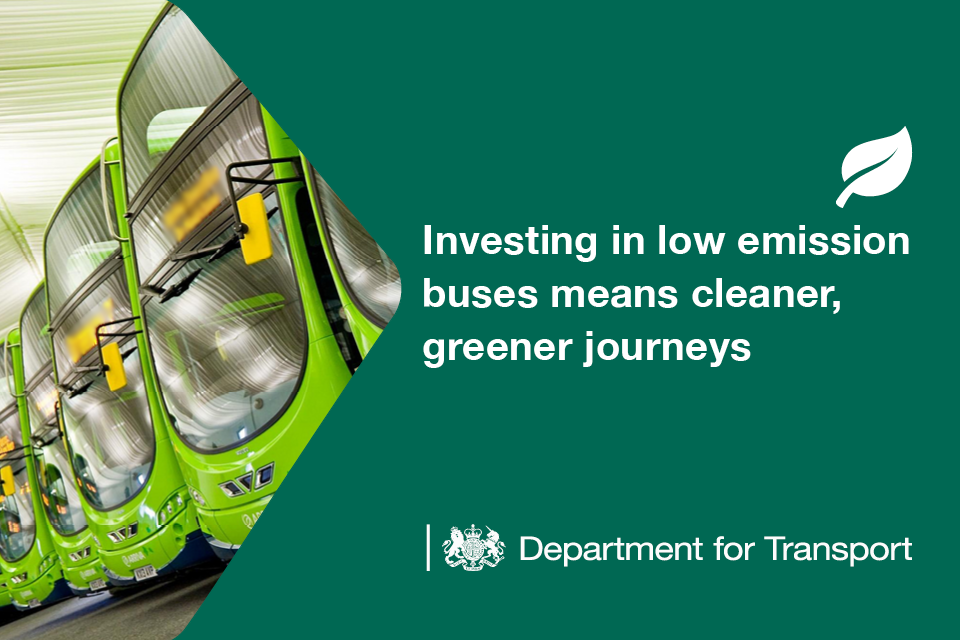Almost £500,000 will be awarded to community projects to tackle the blight of littering, Environment Minister Thérèse Coffey announced today.
The money will support the development of new innovation and approaches for tackling litter, from behavioural research for better positioned bins and recycling points so more people throw their rubbish away, to digital technology. This includes apps and ‘smart-bins’ that can text alerts to rubbish collectors when they are full, stopping nasty litter from spilling out onto our high streets or leading people to litter nearby.
Cleaning up the country’s streets costs the tax payer almost £800 million a year when much of this is avoidable litter, and money that could be better spent in the community.
Despite this, a worrying 1 in 5 people have admitted to dropping litter in the past. As we head into the bank holiday weekend, with people out enjoying the warm weather, they are reminded to throw their rubbish in bins or take their rubbish home, rather than spoil our spaces with rubbish.
The Litter Innovation Fund will support local areas to crack down and reduce littering in our communities by enabling local authorities, community groups, charities, educational institutions, and small and medium enterprises to apply for funding towards innovative and creative solutions to the problem.
Environment Minister Thérèse Coffey, said:
Tackling the litter that blights streets across our country is an important part of our drive to be the first generation to leave our environment in a better state than we found it. I pay tribute to those who help clear up our pavements and verges.
The Litter Innovation Fund offers a great opportunity for the most creative solutions to littering to receive funding and for us all to learn new ways of how to stop littering happening. 10% of the fund is entirely dedicated to preventing marine litter, a growing problem with global consequences for our precious marine environment.
I encourage groups to get involved and showcase the wealth of options there are out there to tackle littering. Let’s help people make the right choices.
Communities Minister Marcus Jones, said:
The Litter Strategy detailed our plans on education and awareness, improving enforcement and better cleaning and infrastructure. I said in that strategy that I am passionate about our need to reduce litter in this country and I meant it.
Many areas are similarly keen to tackle litter locally by encouraging their communities to bin their rubbish properly rather than littering their streets and green spaces.
We are looking to support the most creative plans with a funding boost from the Litter Innovation Fund.
Welcoming the fund’s launch, Keep Britain Tidy Chief Executive Allison Ogden-Newton, said:
Innovation is vital if we are to change the behaviour of the minority of people who still think it is OK to drop their rubbish on the ground for someone else to pick up.
Keep Britain Tidy’s Centre for Social Innovation was created to develop and test new approaches to behaviour change and we are delighted to see the Government has recognised the importance of innovation to tackle the blight of littering in our country.
All projects will be measured and evaluated to assess their effectiveness and the most successful could be rolled out more widely. This will ensure local authorities and communities make the best use of a host of innovative solutions in focussing their resources to tackle the scourge of litter.
In addition, some £45,000 of the fund will be exclusively dedicated to projects designed to address marine littering and help prevent the amount of plastic entering our oceans.
The fund builds on the Government’s wider Litter Strategy for England and the Government today has also published responses to the public consultation on penalties for environmental offences including littering.
Information for applicants to the Litter Innovation Fund can be found on WRAP’s website from 10am on Saturday 26 August.
For further information please contact Defra press office on out of hours on 0345 051 8486.
